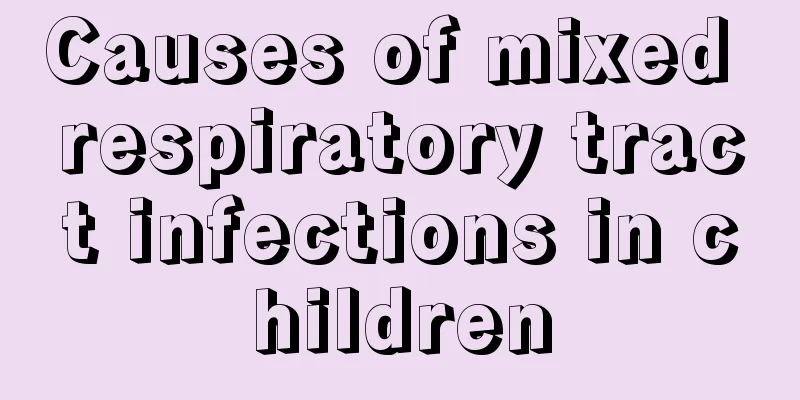What does dental pit and fissure sealing mean?

|
Maybe many people don’t know about dental pit and fissure sealing, which is an effective method to prevent tooth decay. Nowadays, many people do not pay attention to oral hygiene, especially they do not have the habit of brushing their teeth at night. Now with the method of dental pit and fissure sealing, there is no need to worry about tooth decay. 1. Introduction The sealing material used for pit and fissure sealing is called pit and fissure sealant, which is tightly bonded to the fissure wall after curing and has a certain resistance to chewing pressure, which does not hinder eating. In addition, the pit and fissure sealant is non-toxic and harmless to the human body after curing. Sealant can generally be retained for a long time. After a sealing procedure has just been completed, it is best to have a follow-up examination every 3-6 months. During the annual routine oral examination, the sealed teeth should be checked at the same time to promptly detect any sealant shedding so that timely repairs can be made. The principle of pit and fissure sealant to prevent pit and fissure caries is to fill the pits and fissures of teeth with polymer materials, making the tooth surface smooth and easy to clean. On the one hand, after pit and fissure sealing, the original bacteria in the pits and fissures are cut off from their source of nutrition and gradually die; on the other hand, caries-causing bacteria from outside can no longer enter, thus achieving the purpose of preventing pit and fissure caries. 2. Function The occlusal surface (the side for chewing food) of the large teeth at the back of everyone's mouth is uneven, and the sunken areas are called pits and fissures. If these pits and fissures are not well developed, they will be very deep, and food and bacteria will be embedded in them, making dental caries (also called "cavities") very likely to occur. Medically, this type of caries is called pit and fissure caries. According to oral epidemiological surveys, more than 90% of caries among Chinese adolescents occur in pits and fissures. The "sixth-year molar" is a common site for pit and fissure caries. It is the first permanent molar to erupt, has the strongest chewing function, and is most susceptible to caries, and may even fall out prematurely, so it is important to protect children's first permanent molars. Pit and fissure sealing is the most effective method to prevent pit and fissure caries in permanent molars. 3. Clinical Effect Evidence-based medicine research shows that pit and fissure sealants are an effective method to prevent pit and fissure caries, and the use of resin-based pit and fissure sealants can effectively reduce the incidence of caries in permanent molars. The anti-caries effect of pit and fissure sealing is directly related to the retention rate of the sealant, so the operation must be strict and standardized. The main reasons for sealing failure (sealer shedding) are: 1. insufficient acid etching, which results in the tooth surface not showing a chalky appearance after drying; 2. saliva or compressed air from an airgun mixed with water/oil, which contaminates the tooth surface after acid etching and causes the sealant to shear off. Other factors that affect the quality of sealing include the choice of indications, clinical operation skills, etc. The sign of successful pit and fissure sealing is that the sealant can exist completely and can be worn but not fall off. Therefore, regular rechecks (three months, six months or one year) are required after sealing to observe the retention of the sealant. If it falls off, the sealant should be redone. |
<<: What are the symptoms of hepatitis A in children?
>>: What are the symptoms of facial paralysis in children
Recommend
What to do if your baby's skin is very dry
In winter, the skin of many babies will become ve...
How to treat a 6-month-old baby's cough?
Some babies suffer from certain serious diseases ...
Ways to improve your baby's immunity
it is known. The baby's body is still small a...
What to do if your child has dry and flaky mouth
It is very common for children to have dry and fl...
What are the symptoms of baby tics?
Generally speaking, tics are caused by involuntar...
Treatment for nighttime crying in babies
Babies crying at night often make our parents at ...
How to make baby meat porridge
Diet is essential for babies as they grow. It pro...
Child with runny nose and cough
It is actually very common for children to have a...
What should I do if my baby can't sleep well at night?
What should I do if my baby doesn't sleep wel...
What to do if your newborn baby keeps farting but not pooping
We all know that newborns are particularly concer...
Tips for treating bloating in 3-year-old children
Flatulence is a disease that is not limited to an...
How to deal with inflammation and pus discharge in newborn baby's navel
If the umbilical cord of a newborn falls off late...
What kind of soup is nutritious for children?
Children usually need to eat something to nourish...
How can I relieve long-term constipation in children?
Children's gastrointestinal function is relat...
What causes green stools in newborns?
Newborns cannot express their physical pain and c...









